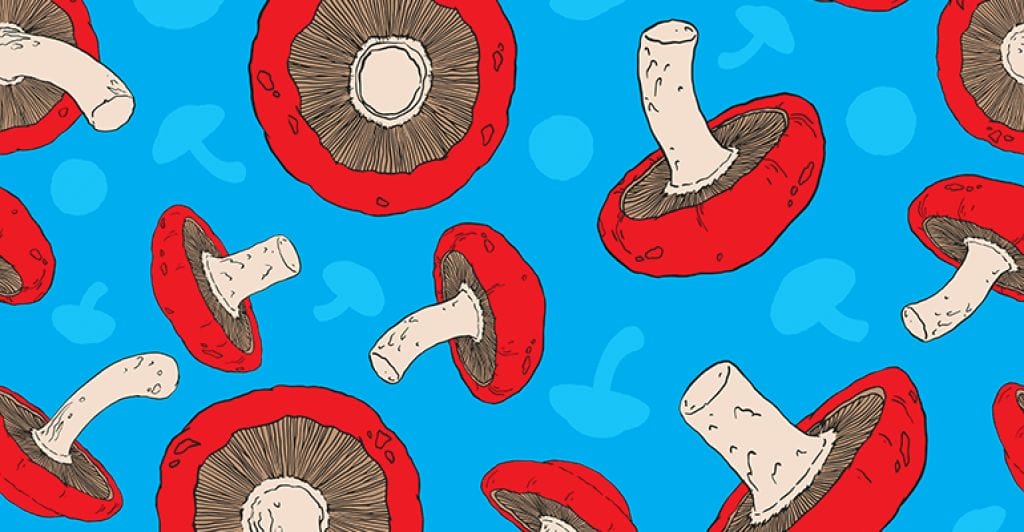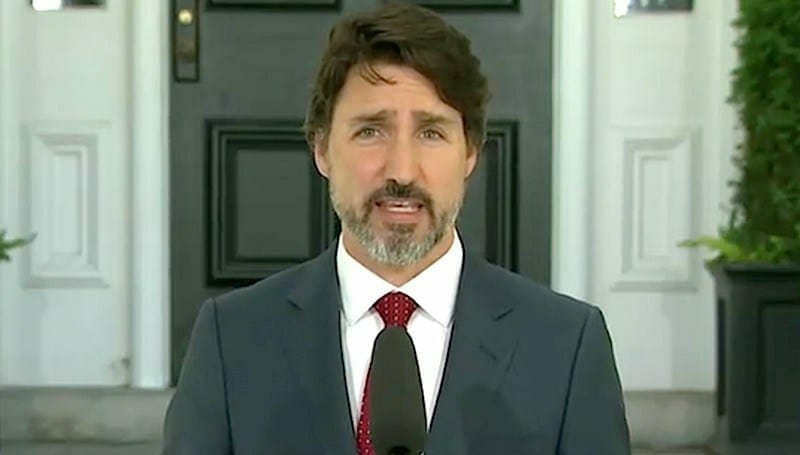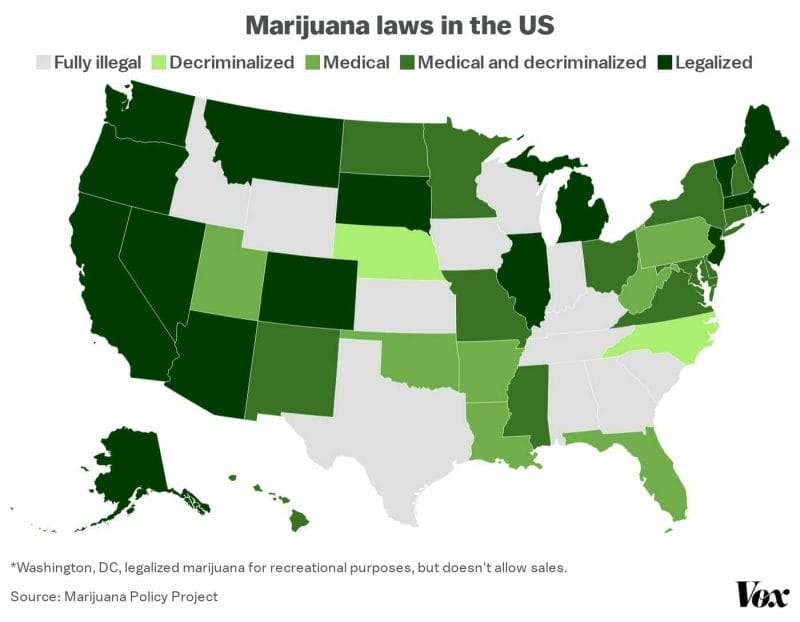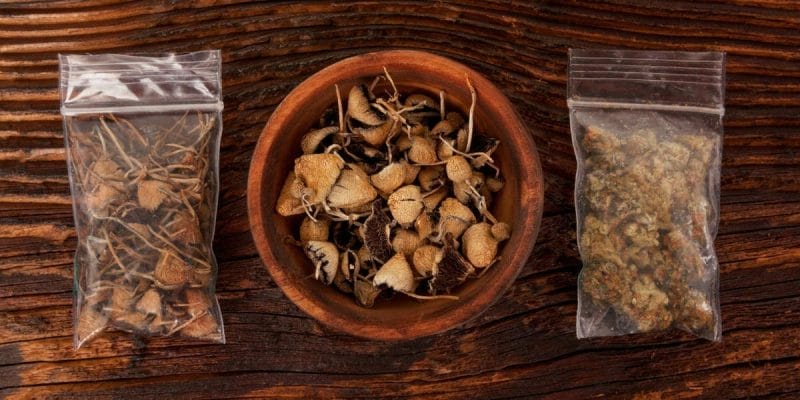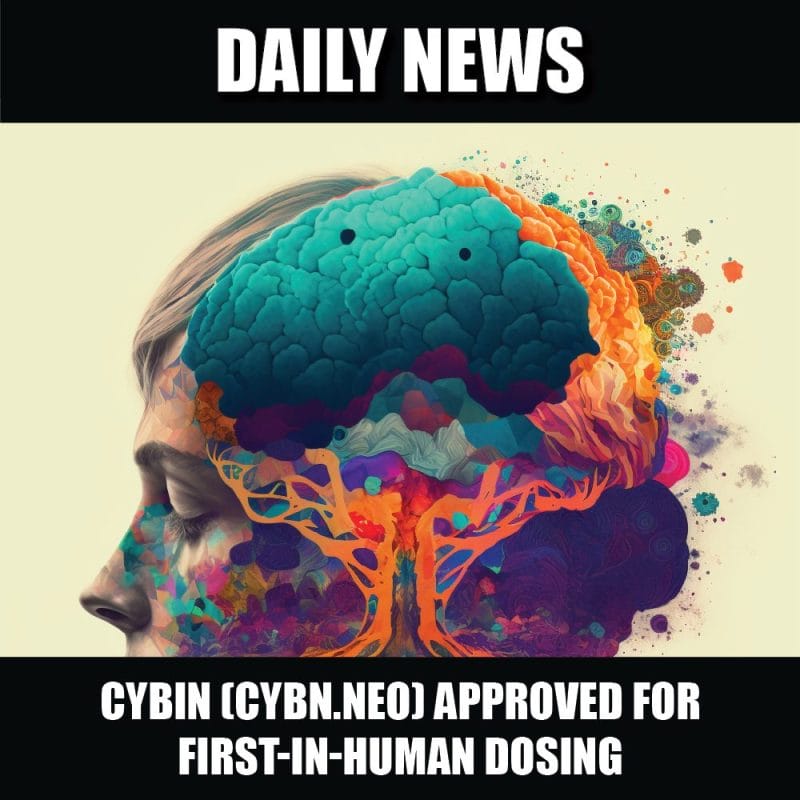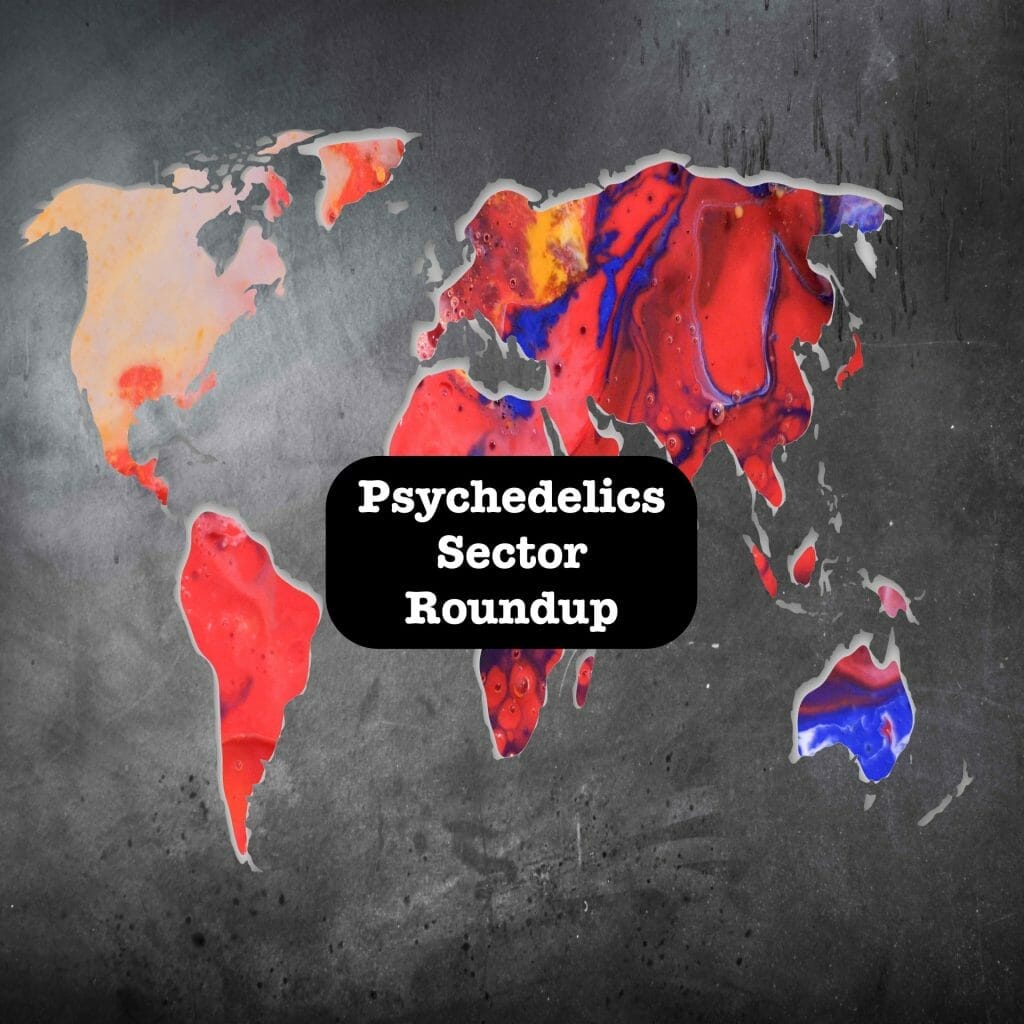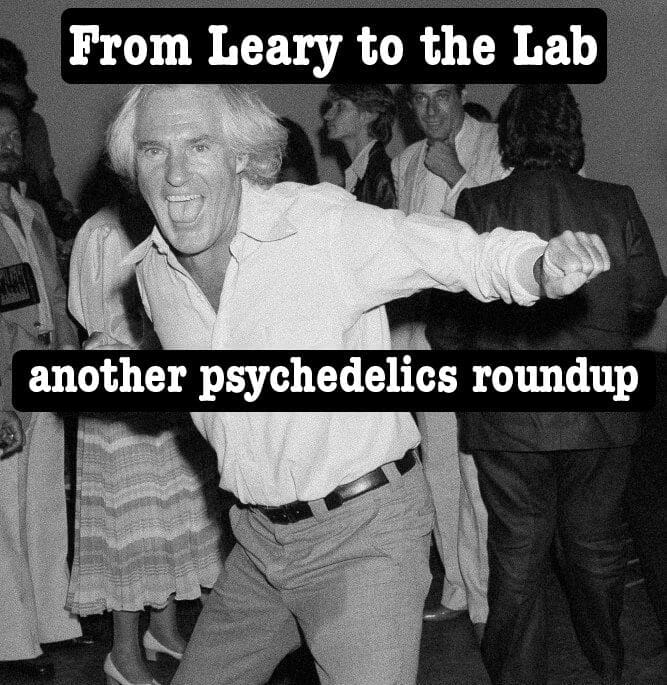Canada: not a big push for rec
Canada is a country typically at the forefront of forward-thinking movements in health and science.
With the recent legalization of cannabis and the Liberal Party in power for a second go, one would think psychedelics policy changes would be ripping down the pike faster than our neighbors to the South as several jurisdictions have recently voted to decriminalize psilocybin.
So, shockingly after four years of relative conservatism (or whatever that was) under Trump, combined with extremely harsh federal drug policies by the US government, the US is arguably ahead of Canada in the psychedelics story. Governments have been strict on psychedelics, the industry has heavily relied on individual donations – companies raising money to go public is finally the catalyst that could really push this industry into its next phase.
Illegal psychedelics that are only allowed in clinical trials or research in Canada, are not on the fast track to decriminalization or legalization. Psilocybin has been illegal in Canada since 1974, and according to Public Health Agency of Canada spokesman Tammy Jarbeau, “The Government of Canada is not proposing to decriminalize psilocybin or other controlled substances at this time“.
This is kind of worrisome.
With Trudeau’s approval rating dipping as a result of a slow vaccine rollout, a Conservative government would likely be a lot worse for the psychedelics industry. Trudeau does have time to get things in order, but if he screws this one up it won’t be good for him or the Liberal Party politically, and of course, it was under the Liberal Party that cannabis was legalized in Canada.
According to Angus Reid, the latest vote intent data show a narrowing between the Liberal and Conservative parties from a five-point gap to three points – with the incumbents down by a point and the main challenger up a point.
That hasn’t stopped groups like Therapsil who recently announced they were launching a psilocybin therapy training program. The initial program is a pilot. TheraPsil will use the experience to optimize the program as it prepares to scale it and work with other organizations and healthcare professionals across the country. The healthcare workers were granted Section 56 exemptions by Health Minister Patty Hajdu in December, clearing the way for them to take part in the program
Dr. Jukka Karjalainen, Cybin’s (CYBN.NE) Chief Medical Officer weighed in, “this landmark recognition of the benefits of psilocybin is tremendous validation for our sector. Cybin is proud to applaud TheraPsil’s efforts while continuing to focus on the development of a psilocybin oral film delivery system that will potentially alleviate the burden of pill consumption for seniors and patients in palliative care, who often have difficulty swallowing.”
Cybin (CYBN.NE) is working to eliminate the single most annoying part of every mushroom trip
Canada has shown little to no signs of developing a recreational psychedelics market, or creating the environment where one could exist – of course, the black market is already there right now. Decriminalization of substances is typically seen as a potential pathway to future legalization, and it looks like the US is going more than route than Canada.
The USA’s decriminalization wave
In the US, every state has different rules and regulations that often differ from federal laws. It’s free-market capitalism on steroids, and after Jeff Sessions left the fold, anti-cannabis rhetoric from US politicians has been few and far between, on both sides of the aisle.
New York state recently joined the growing list of jurisdictions introducing bills to decriminalize psilocybin. The bill would amend state statute by removing psilocybin and psilocin, two major active ingredients in a mushroom trip. In Oregon, the people voted to legalize psilocybin for therapeutic purposes and decriminalize drugs more broadly in November.
The cities of Denver, Oakland, Santa Cruz, Ann Arbor, Washington, D.C., Somerville, and Cambridge have also decriminalized psychedelics. Even more momentum is likely to come this year as legislators in California, Connecticut, Florida, Hawaii, Kansas, Missouri, Washington State, and Virginia are considering psychedelics and drug policy reform bills for 2021. In contrast, Canada only has the city of Vancouver that has decriminalized psilocybin.
As we can see in the cannabis industry, the US has an extremely confusing and fractured system of regulating drugs.
The FDA did remove cannabis from a schedule I drug last year, but the substance remains federally illegal. It’s wild west, and within the chaos and confusion, there are opportunities for companies to take advantage of the lack of regulations by engaging in grey market activities whether that means shady promo, not following licensing rules, etc.
Stuff we write about all the time.
The US MSO (multi-state operator) cannabis market has been on a tear since the Democrat sweep of the presidency, senate, and house. Changes in banking regulations for cannabis companies are one of the major upcoming catalysts cannabis investors are waiting for. Sherrod Brown, the new chair of the Senate Banking, Housing and Urban Affairs Committee under Biden, says he’d be willing to consider moving on legislation that would allow the cannabis industry access to the banking system if the measure is coupled with sentencing reform for drug offenses. And while Brown himself does not support federal cannabis legalization, it’s a step in the right direction.
The War on Drugs has been a war on people, and particularly people of color.
Ending the federal marijuana prohibition is necessary to right the wrongs of this failed war.
I’m working with @SenBooker and @RonWyden on legislation for comprehensive marijuana reform.
— Chuck Schumer (@SenSchumer) February 2, 2021
Cannabis legalization is not off the table, but most mainstream Democrats don’t seem to excited about it. That being said, Senate Majority Leader Chuck Schumer, Senate Finance Committee Chairman Ron Wyden, and Sen. Cory Booker (D-NJ) are moving the needle forward through the SAFE banking act.
But as of now, President Biden has only gone so far as to say he now supports decriminalization, moderate rescheduling, medical cannabis legalization, allowing states to create their own laws.
Who and what’s next?
So this begs the question, what’s a better system for integrating cannabis and psychedelics into the mainstream everyday culture? What landscape is most advantageous for companies?
I think a big company with the resources and connections to raise capital and scale effectively would probably prefer to be operating in the US. A smaller, craft grower is probably better suited for Canada as they have easier access to loans and banking. The US is far behind on drug reform, even Conservatives are starting to admit that the war on drugs was a major L. Canada on the other hand arguably botched its rollout, and reports state the black market is still responsible for around 40% of the market share of the Canadian cannabis industry as a whole.
But top US and Canadian research institutions are actively studying psilocybin more rapidly than ever before, and the results (namely from Johns Hopkins) have been groundbreaking in terms of aiding in depression and addiction, issues that have gotten significantly worse under COVID.
One hope I have is psychedelics fitting into a bigger mental health/wellness industry. I think there is an opportunity for all kinds of companies to enter the space, namely technology. If the narrative around psychedelics becomes more about health and less about partying politicians will have to eventually start listening.
If the Canadian political landscape changes it could greatly hurt the movement, and the current centrist Democrats who wield most of the power aren’t super keen on making the industry mainstream just quite yet.
With all of that I think it’s only a matter of time, the studies are piling up, the money from big institutions is flowing in, it’s still early, and there is a lot to look forward to.

